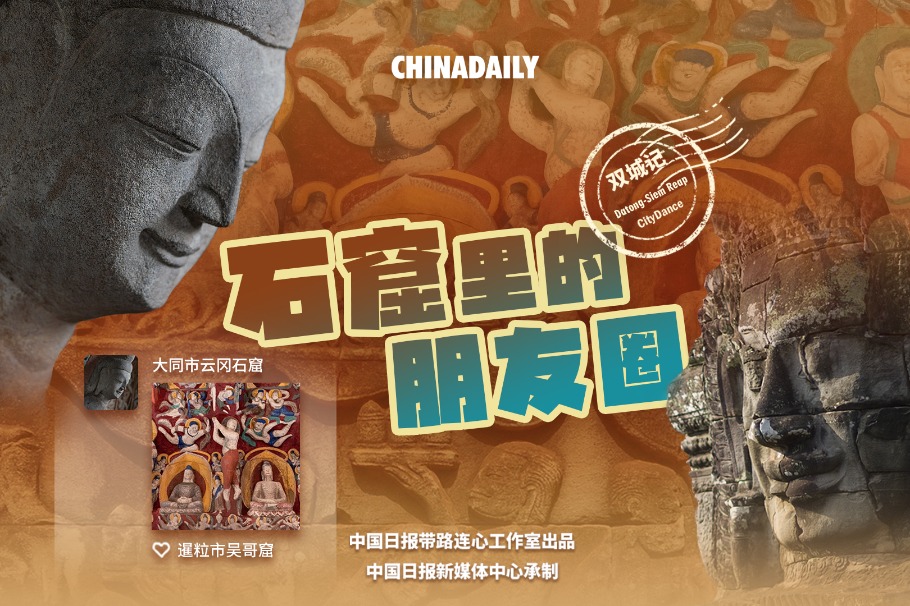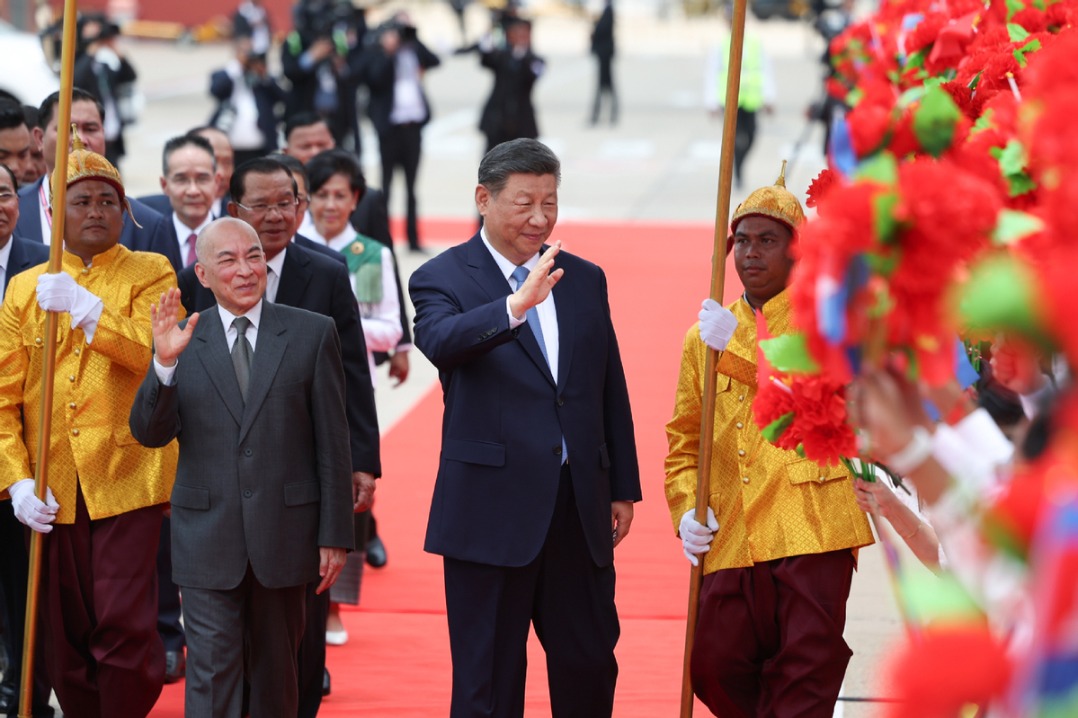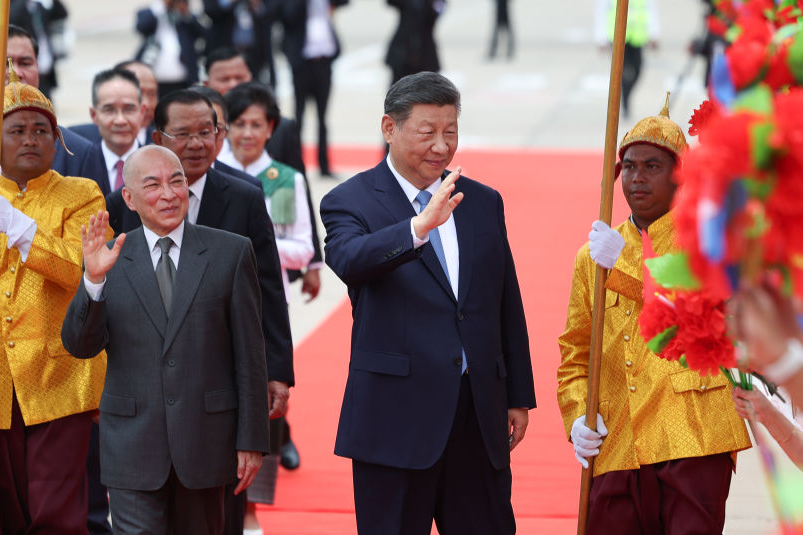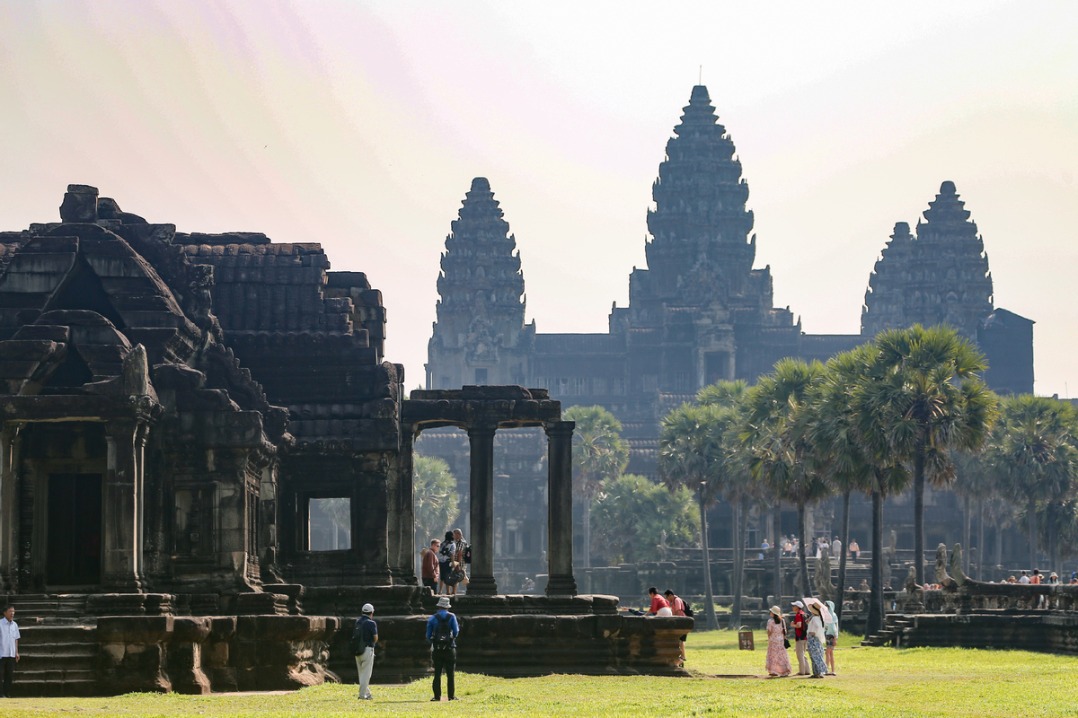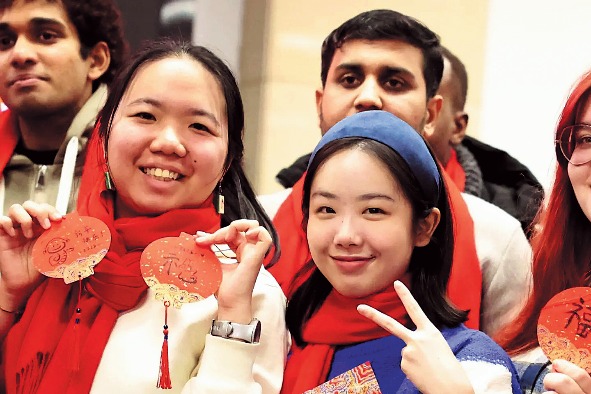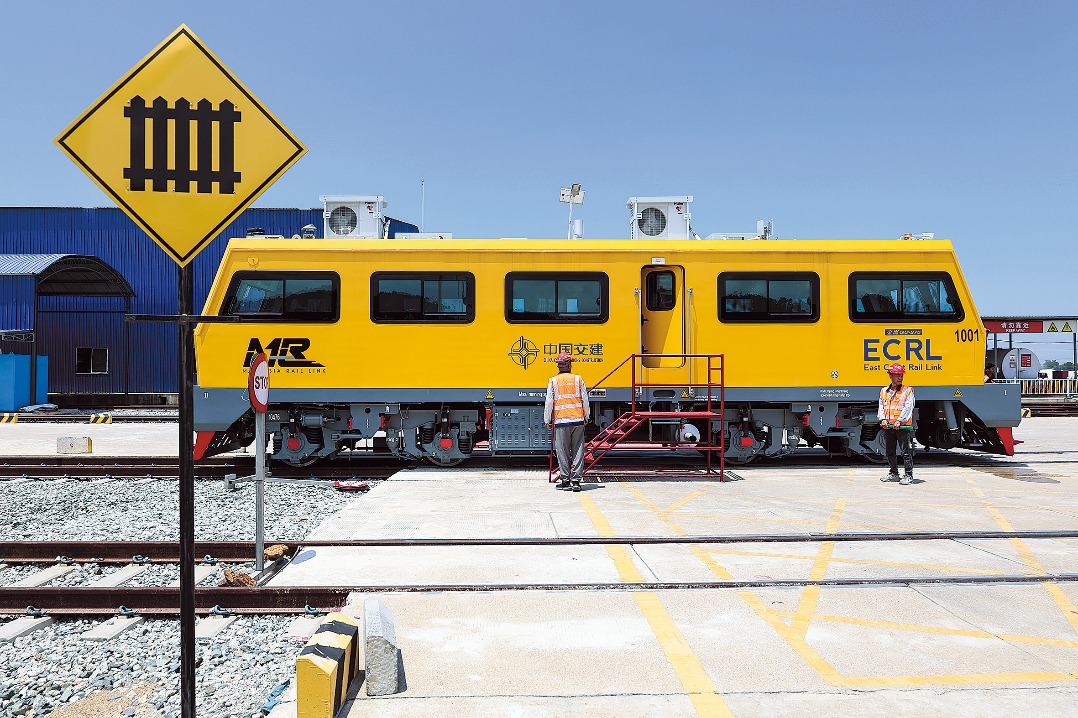Should we call Hawaii, Puerto Rico, Alaska independent countries?
By Chen Weihua | China Daily USA | Updated: 2018-05-07 06:02
In a statement on Saturday, the White House described China's caution that foreign airlines should not refer to Hong Kong, Macao and Taiwan as independent countries as "Orwellian nonsense".
But what is nonsense is the statement itself.
The letter by the Chinese Civil Aviation Administration (CAAC) to 36 foreign air carriers is simply trying to correct a mistake that has existed for too long.
Who on earth still thinks Hong Kong, Macao or Taiwan are independent countries? Even the US government does not recognize any one of them as an independent country, at least since China and the US established formal diplomatic ties in 1979.
So why does the White House still make a fuss about the issue by ignoring plain and simple facts?
On January 12, The Paper, a Shanghai-based news publication, reported that at least 24 foreign airlines still list Hong Kong, Macao and Taiwan as countries, rather than using the term "regions", which China prefers.
Yes, China is sensitive to such issues given its recent history. Macao was for too long occupied by the Portuguese, Hong Kong was forced to be ceded to the British and Taiwan was forced to be ceded to the Japanese.
Most Americans may find it hard to understand such feelings. After all, US history over the last 150 years has been a constant annexation of territories from Asia to Latin America.
Most international companies know that in order to succeed, they need to be sensitive to the feelings of the local populations where they want to do business. In this case, foreign airlines who were not aware of this sensitivity before should seriously heed the CAAC's advice.
In fact, such advice not only applies to corporations, but to every individual.
When starting to learn English in elementary school, I was taught to refer to people from the United Kingdom as British, not English, because they could be Welsh, Scottish or Northern Irish, many of whom don't want to be called English.
Referring to Hong Kong, Macao and Taiwan as a country goes beyond insensitivity, it's about basic facts.
Would the White House or average Americans feel okay if people in other countries start to describe Hawaii, Puerto Rico, Alaska or Texas as independent countries, because there have long been independence movements there?
After spending a year in Hawaii in the early 1990s, I learned that the Hawaiian sovereignty movement has been alive since 1893, when the US overthrew the Hawaiian Kingdom. In 1993, both the US Congress and US President Bill Clinton apologized to the Native Hawaiians for the illegal annexation.
The Associated Press reported last July that a quarter of the state's population is considered Native Hawaiians or Pacific Islanders, and many of them are low-income. The report cited a study by the Centers for Disease Control and Prevention which showed that Native Hawaiians are in worse health than many other Americans and more likely to suffer from asthma, diabetes and obesity.
The Puerto Rican independence movement has also existed ever since the US seized the territory from the Spanish in 1898. I have made three trips to the Caribbean island and love its people, culture, history, beaches, coffee and its "un-American" metric system.
However, news from the beautiful island after Hurricane Maria last September has been heart-breaking. Not only have so many people have been living without power month after month, the federal government of the world's only superpower has not exactly been going all out to help the disaster-stricken population. It is shameful.
I could go on and on with the independence movement in Alaska, Texas or even Vermont. Of course, the US Constitution does not allow any state to declare independence.
The White House statement may very well be triggered by its geopolitical instinct and double standards applied to China. But that will be encouraging US airlines, or any foreign companies to be insensitive to the Chinese local population, let alone to get the facts right.
Contact the writer at chenweihua@chinadailyusa.com.





